Things Koreans Do That Confuse Foreigners
- byT.Sapphire 💙
- 9 months ago
- 0 Comments
- 4mins
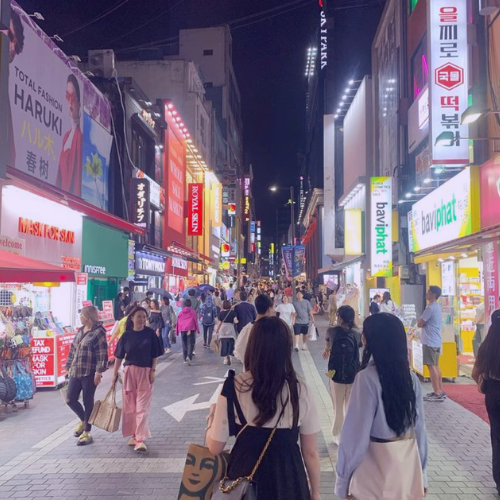
Welcome back to the imagination quarters. I believe you’ve found your seat already. Today’s special on the menu? Confusion! And yes, you read right.
Specifically, the kind that hits foreigners the moment they step into Korean culture. Not K-Drama plot twists, but real-life stuff Koreans do every day that makes visitors blink twice and whisper, “Wait, what?” (confused today, not tomorrow).
Let’s dig in.
Giving and receiving with two hands
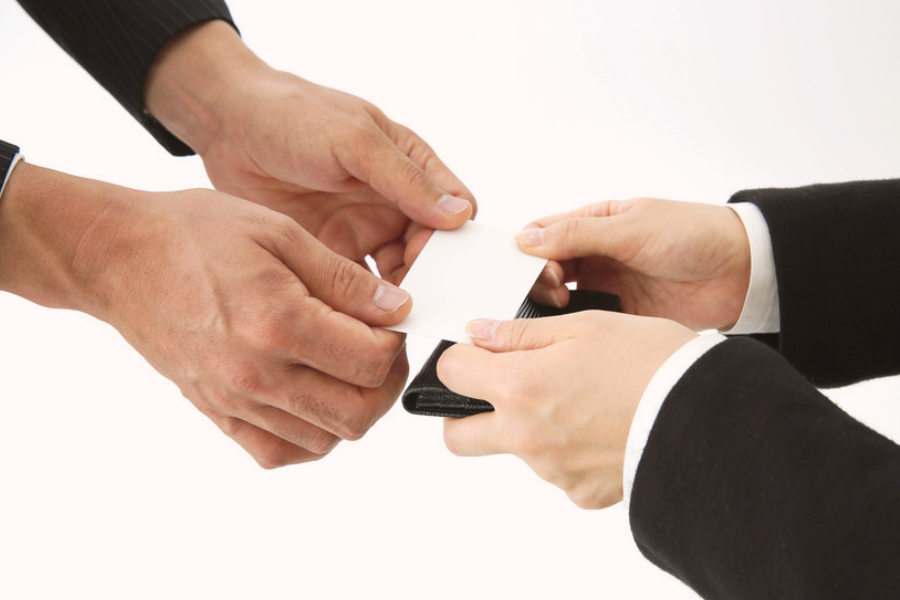
In most places, you hand someone a gift or drink with one hand and a casual nod. I mean, let’s get it over with. But in Korea? That’s not even an option because it’s all about the two-handed method. A drink? Two hands. A business card? Two hands and maybe even a bow, making it an after-dinner dessert. It’s just a whole ceremony.
Foreigners are often caught holding a cup with one hand while the Korean person awkwardly waits with both hands out like it’s a sacred ritual. Well, it kind of is because using two hands when handing or receiving items is a gesture of respect, particularly when dealing with elders or those of higher social status. It's a way of showing humility and courtesy, and it's considered rude to use only one hand.
Asking your age like it’s your name
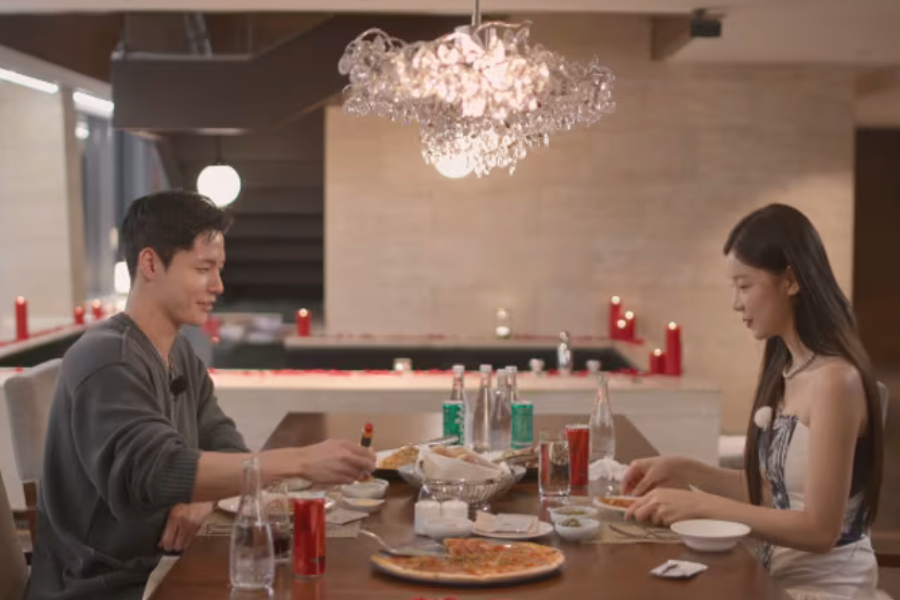
“So how old are you?” might feel like a nosy aunt question anywhere else (one that could earn you a “are you okay?” look in my country), but in Korea, it’s literally step one in every relationship. This is because your age determines how the other person speaks to you. Should they be polite? Casual? Should they call you Oppa or Unni, or just nod respectfully from a distance? It’s not personal. It’s just the system. But for foreigners, it can be more than awkward.
Matching outfits with your boo like it’s your job
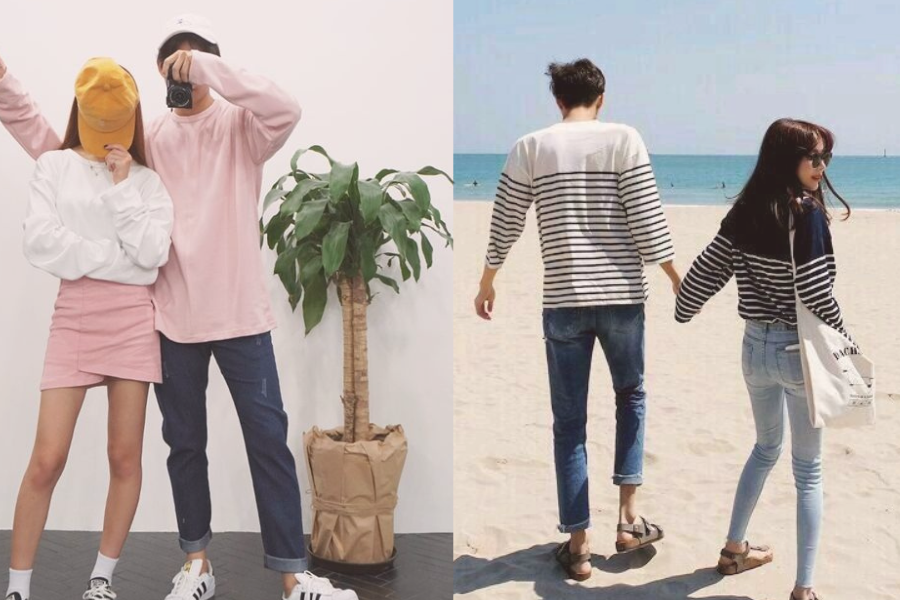
In Korea, couples go hard with couple outfits like matching hats, shirts, shoes, and even phone cases. It’s cute, but if you’re not used to it, it kind of looks like two backup dancers got lost on the way to a concert (lol). For some, it’s adorable. For others, it’s a public display of "we are together, and you must deal with it." Either way, it’s a whole moment.
Apologizing for things that are clearly not your fault
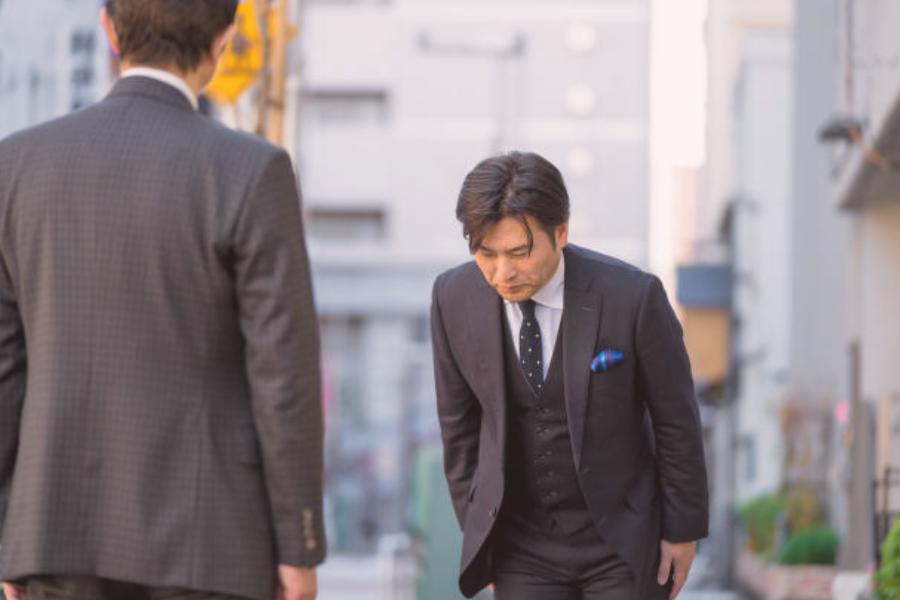
Someone steps on your foot? They’ll say sorry. You drop your own phone? A stranger might say sorry. Rain ruins your hair? Guess what? Korea’s still sorry. It’s not guilt. It’s just next-level politeness. To a foreigner, it feels like everyone’s constantly apologizing for existing. But once you get it, it’s actually kind of wholesome.
Being humble even when you're obviously talented

Compliment a Korean on their singing, and you’ll get something like, “Oh no, I’m terrible.” Meanwhile, they just nailed three octaves and made you tear up a little. It’s not false modesty, just call it cultural humility. You downplay everything, even if you’re secretly a genius. Foreigners are often left wondering if they imagined the talent or if modesty here is just a national sport.
Sitting on the floor like it’s no big deal
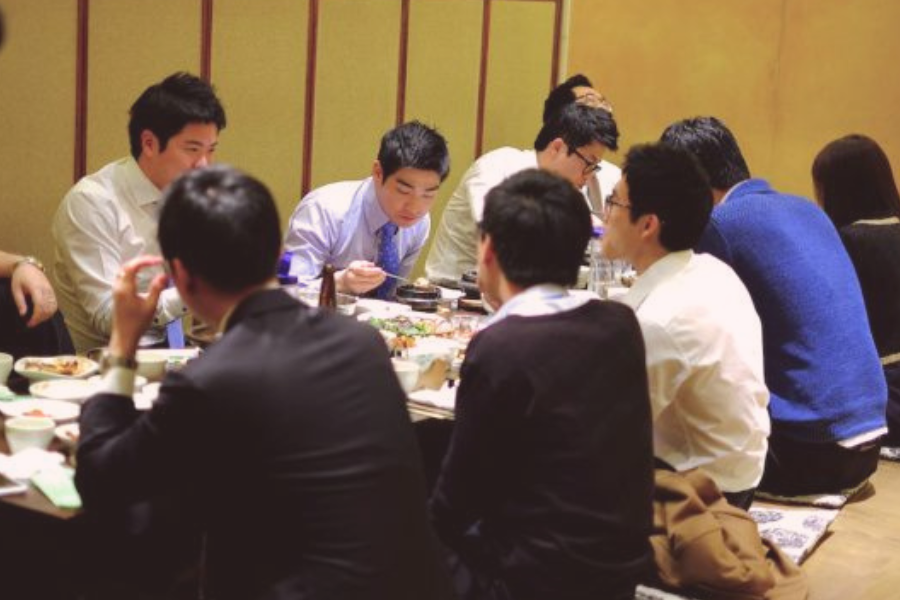
Pull up a chair? Nah, not here. Sit on the floor and eat kimchi stew cross-legged for an hour straight. Foreigners try to join in and suddenly realize their legs have betrayed them. Koreans? Not even a crack in posture, and there you are changing your sitting posture every millisecond because of the discomfort.
Ending a meal with rice, even if rice was the whole meal
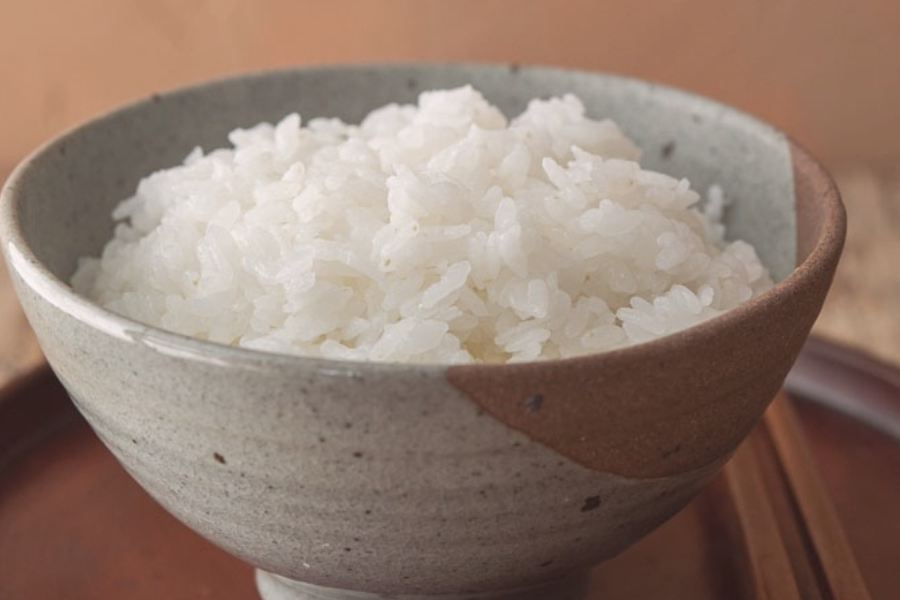
You could have had rice cakes, rice soup, rice noodles, and somehow there’s still a “So, where’s the rice?” moment. In Korea, a meal without plain rice at the end just doesn’t feel complete. To foreigners, it’s confusing. You might want to ask, why do they love rice so much? This is because Rice is considered a staple food in Korea. It's not just a source of energy, but also a representation of shared meals and social harmony, one that actually makes a stranger have a sense of belonging
If you're planning a trip to Korea soon, brace yourself. In Korean already? Tell me the truth: how many of these made you stop and say, “Wait, I do that now”?
T.Sapphire 💙
T. sapphire is a writer who found her love for the Hallyu wave after watching the historical drama “Jumong.” She is mainly interested in Korean dramas and the history of Korea at large. Explore her pieces as she takes you on a journey through K-Drama recommendations and keeps you informed about the history of the Korean people.
The Unspoken Rules of Korean Elevators
0 Comment(s)
Related Posts
Daily Newsletter
Get all the top stories from Blogs to keep track.
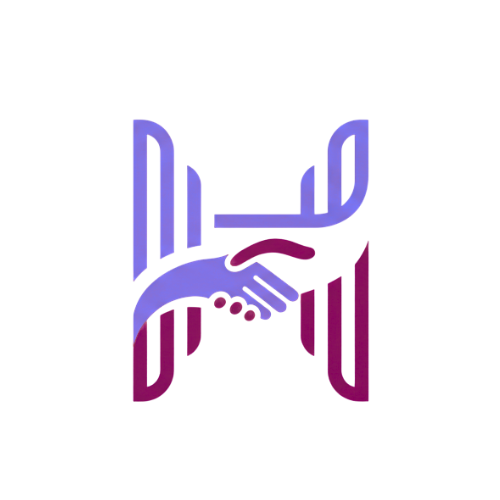
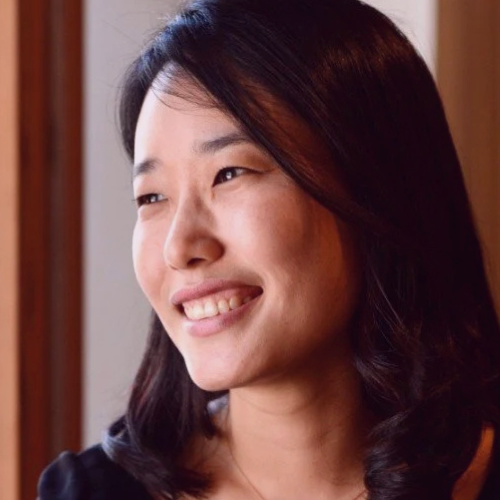



Leave a comment